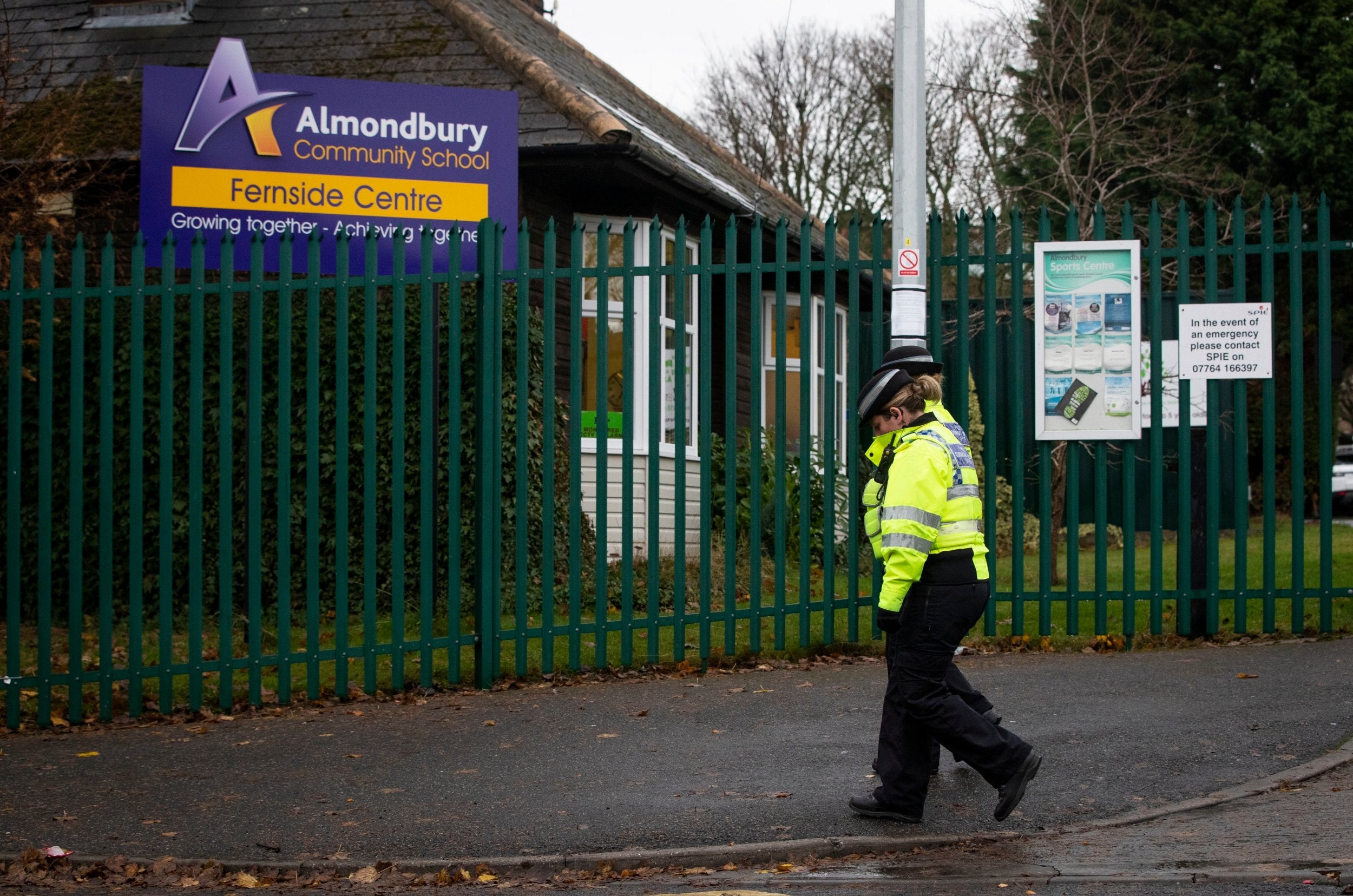The video of a Syrian child being bullied shows why white parents must talk to their kids about racism
It may be tempting to avoid discussing racism for fear that it’s too adult a subject to broach, or too upsetting. But children of colour are rarely spared these lessons


The first time someone ever used the n-word in a derogatory sense towards me was in the playground at primary school. It was a white classmate, barely aware of the meaning of the word herself, yet somehow she knew that I, one of her only black friends, was the “correct” target for the term.
We were aged about five or six at the time, so my memory of that day is somewhat hazy. But I distinctly remember knowing that it was wrong – I told her it was racist, despite not yet fully grasping what that meant either – and that it was supposed to be hurtful.
Later, when I told my parents what she’d said, I remember the slight involuntary rise of their eyebrows and quiet muttering about the fact that she must’ve learned it at home. It shattered my understanding of what it meant to be a child of that time. It was the first time I understood that, despite our closeness, my friend and I were living in different worlds. One wherein her family members, perhaps even her parents, may well have used ugly words to describe people like me in secret and did nothing to inform her that it was wrong.
What I now know is that my understanding of the dos and don’ts of racial playground etiquette at the time came directly from my parents. A near fundamental for many children of colour (through the “talk”, as it’s often called), they provided me with language to understand racism as a concept. They gave me the tools to denounce it when I saw it, and to recognise it whenever it came hurtling towards me.
I couldn’t help but think about that yesterday when a video of a white boy physically assaulting a Syrian boy at a Huddersfield school began to make the rounds on social media.
It’s a hard piece of footage to watch. In it, the child approaches the other student, a refugee, on a field. He then grabs him by the neck, forces him to the ground and threatens to drown him while dousing him with a bottle of water. After withstanding the drenching and strangulation, the boy gets up and walks away dejected, as if familiar with such treatment.
The short clip has caused a great deal of distress among those who have seen it, and understandably so. Responses varied from deep sympathy – a crowdfunding effort has now raised £48,000 at the time of writing for the child, who on the Go Fund Me page supporting the family is said to have been bullied relentlessly since arriving in Huddersfield – to violent anger towards the bully, with some even calling for people to find him and harass him on social media. I don’t condone the latter, of course. This behaviour, captured on film, is a symptom of a much wider issue, not a singular problem with one child; it's unlikely the young boy would change his views on the basis of being shouted at by strangers on the internet.
In truth, relentless and discriminatory treatment like this occurs in schools all the time. Last year, 61 per cent of school staff said they had witnessed racist bullying. The difference here, is that we were provided with clear footage of one such incident of it. We are not used to this, and we have limited ways in which to deal with the hurt that comes with seeing a child, particularly a refugee child, mistreated like this.
The first thought that came to my mind when I saw it was not the varying ways in which keyboard warriors could "straighten the boy out" – he has since been charged by West Yorkshire Police – but the significant likelihood of this child learning such racist behaviour up at home, like my childhood friend, or from the wider community of people who make it their duty to attack refugees and people of colour for entertainment.

Much as many would like to have a personal hand in telling that teenager how awful his actions were, it’s important to remember that this incident a lesson about what can happen when white parents don’t talk to their children about racism from an early age. It may be tempting to avoid discussing racism for fear that it’s too adult a subject to broach, or too upsetting. But children of colour are rarely spared these lessons; understanding racism is a means of survival for many of us, as difficult as the thought of bursting a child’s race-blind bubble may be. Giving your child the tools to understand right from wrong as the earliest opportunity can easily prevent your own child from parroting similar racial bullying behaviour.
There is absolutely no reason why white parents shouldn’t take steps to have their own version of the "talk" with their children. There’s no shortage of material dedicated to equipping parents with advice on how to approach difficult subjects such as puberty, sex or death – so why not this too?
Curbing racism takes preventative action, not just from those on the receiving end of it, but from those who arguably benefit from living in a racially divided society and yet will still stand up for what is right.
Bookmark popover
Removed from bookmarks